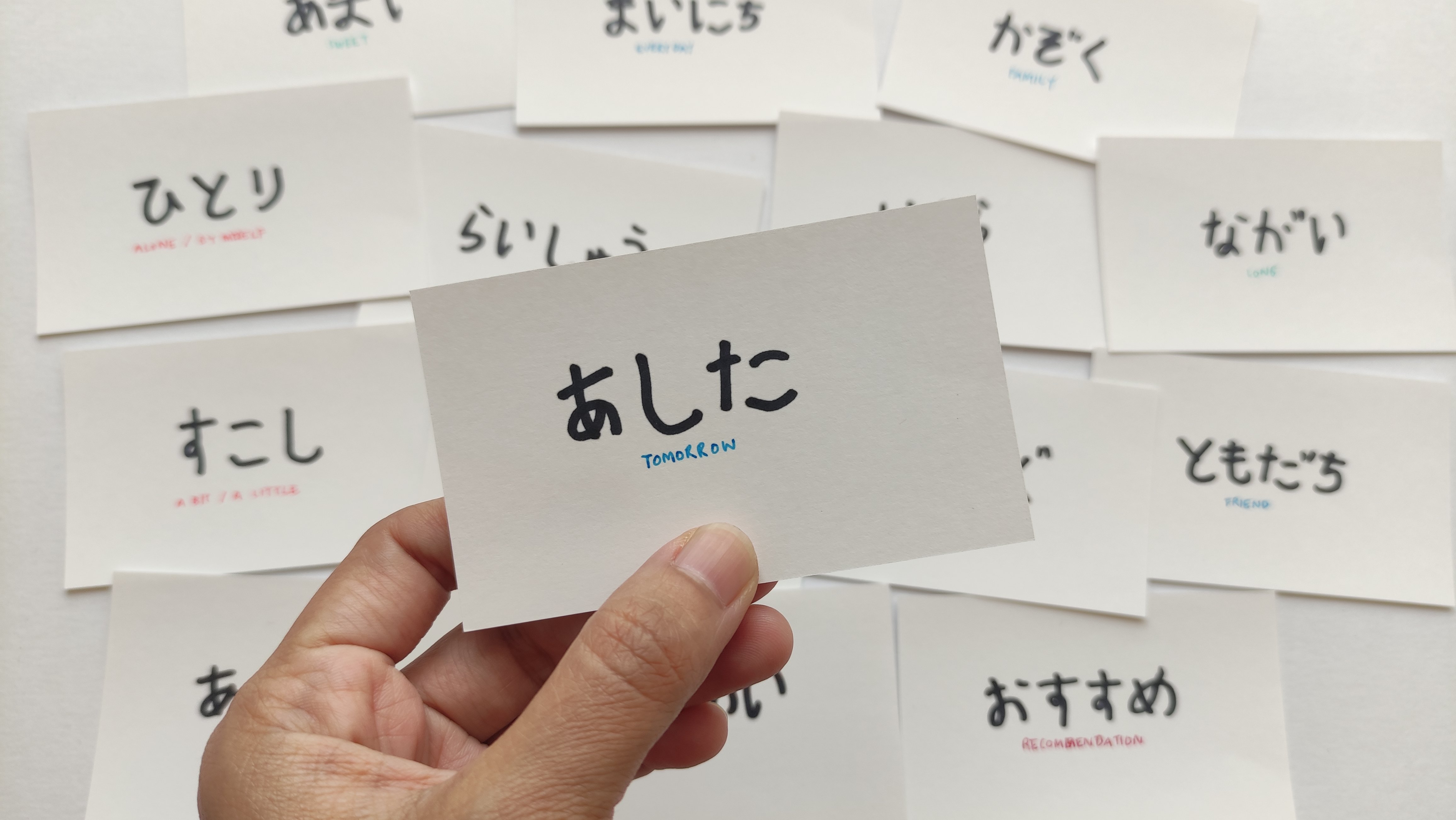How to Visit a Hospital in Japan ~A Reassuring Guide for Your First Trip To The Hospital ~
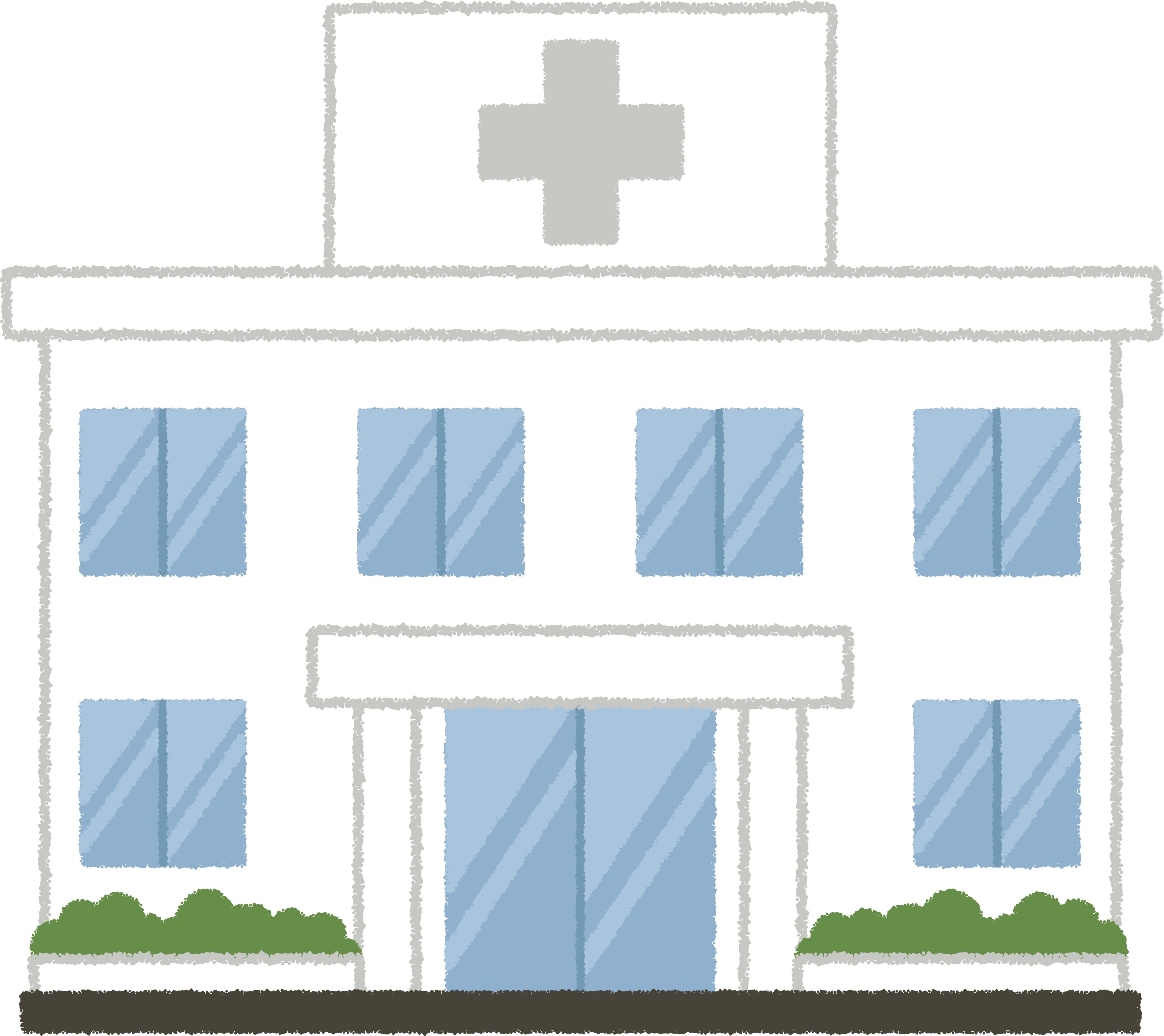
When living in Japan, you will need to go to the hospital if you get sick or injured. However, going to a hospital in a new country can be a little scary. You may have countless questions and concerns, such as "How do I make a reservation?", "Can I use my health insurance?", and "What if I don't speak Japanese?"
This article will explain the process for visiting a hospital in Japan, and things to be aware of on your visit.
Things to Know Before Going to the Hospital
■ Types of Hospitals
There are several types of medical institutions in Japan.
-
Clinic: Treats everyday illnesses such as colds and minor injuries.
- General hospitals / university hospitals: This is where to go when you have a serious illness or need specialized treatment.
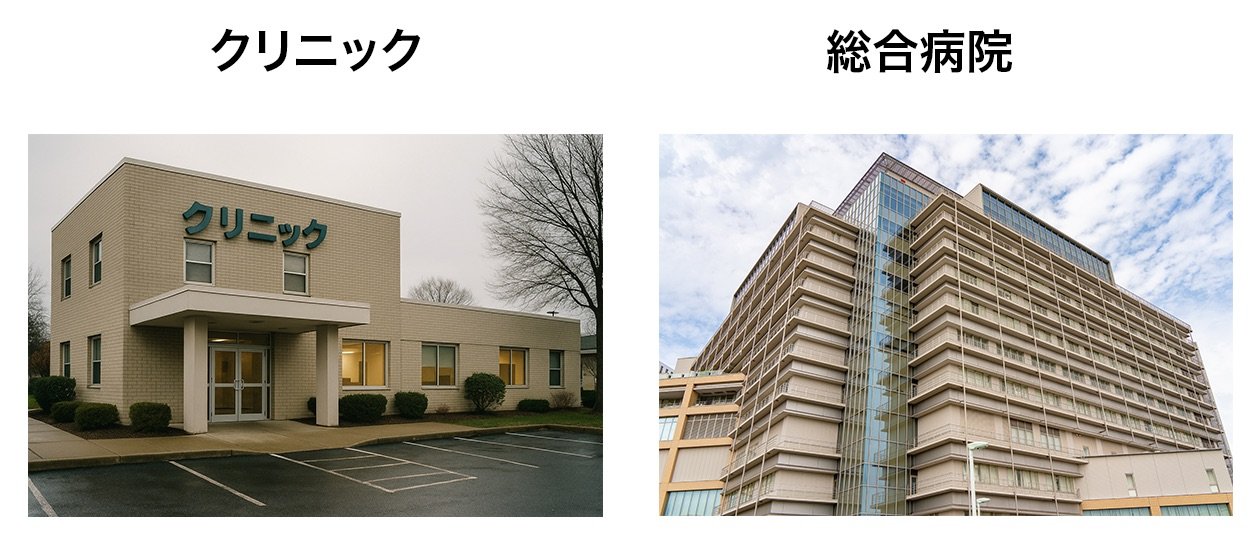
■ Health Insurance Card Required
In many cases, people who work for a Japanese company have health insurance cards. By showing this card at the reception, you will only have to pay 30% of your medical expenses.
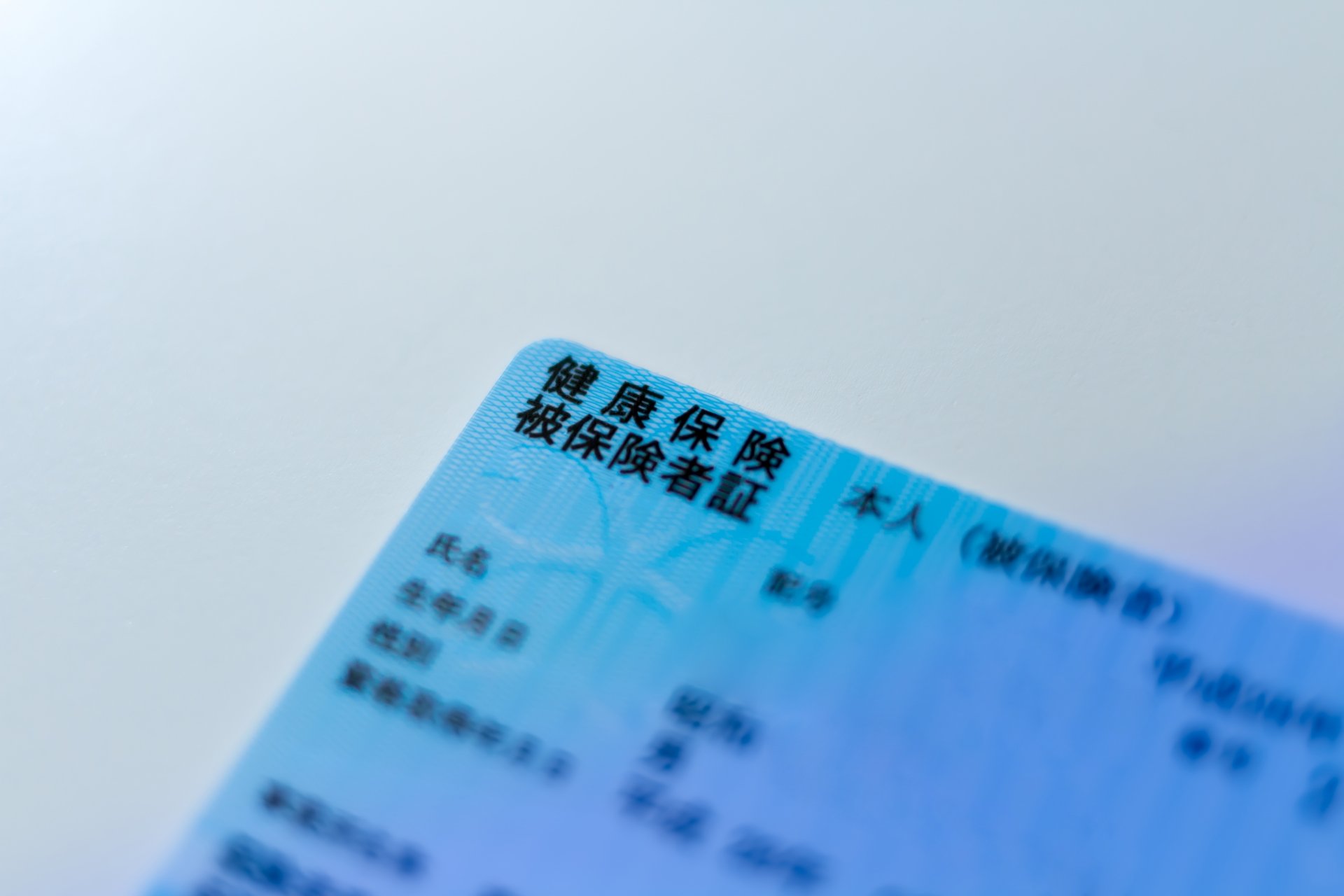
Steps to Visit a Hospital
① Find a Hospital
- You can find them on the Internet (Google Maps, etc.) or at your local foreigner support center.
- Depending on your symptoms, you will be treated by different departments, such as internal medicine, surgery, or otolaryngology.
Example Keywords: "●● Station Hospital Internal Medicine" "Foreigner Friendly Clinic"
② Make a Reservation (if necessary)
- Smaller clinics may not require reservations.
- At general hospitals and popular clinics, you will need to make an appointment in advance.
- Appointments can be made by phone or through the hospital's website.
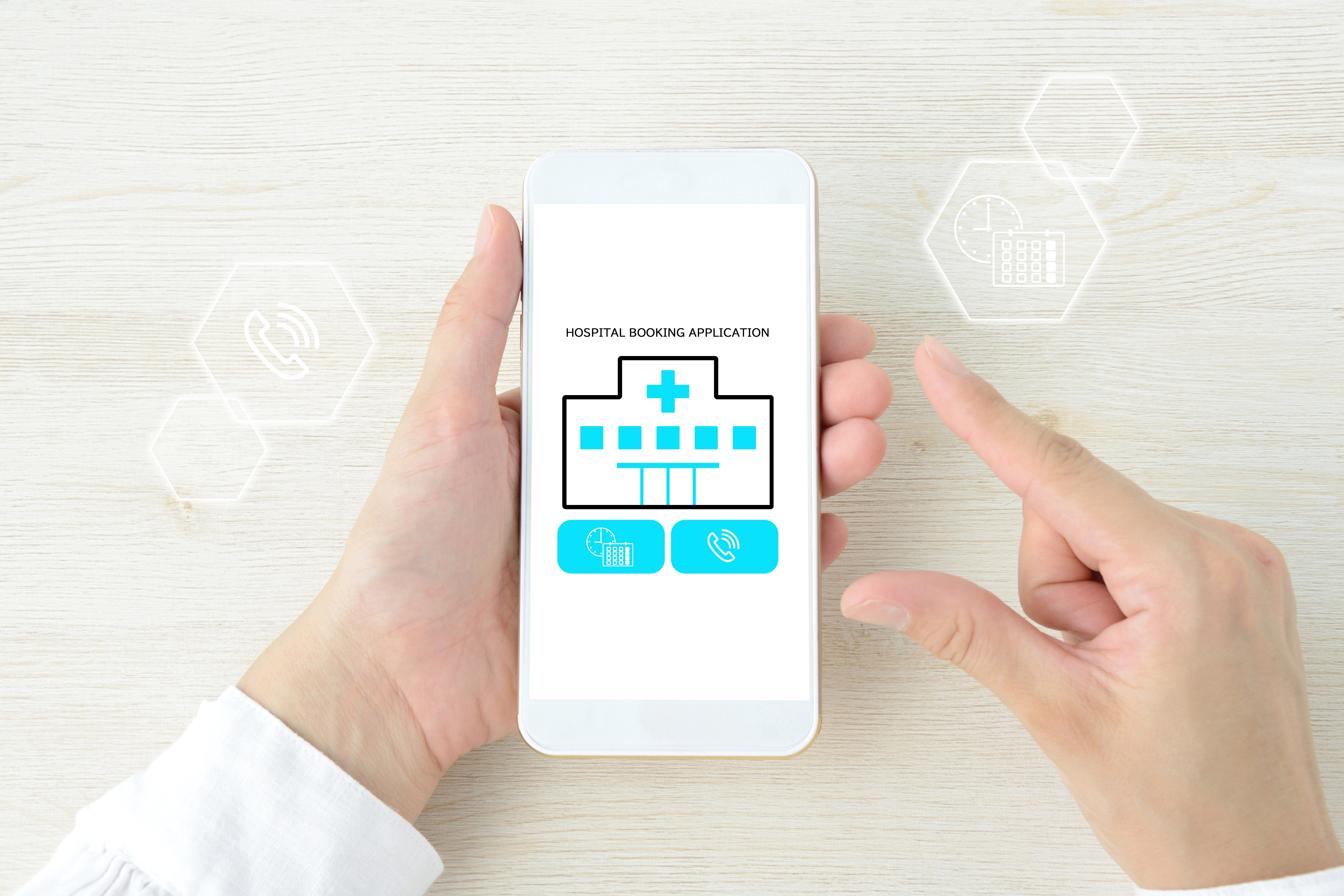
③ Going to the Hospital
Please present the following at reception:
- Health insurance card
- Residence card (if necessary)
- Consultation ticket (second time onwards)
If you are unsure about your Japanese, tell the receptionist that you need an interpreter.
Commonly used Japanese phrases:
- 「はじめてです」 → "This is my first visit"
- 「○○がいたいです」→ "○○ hurts" (When reporting physical symptoms)
- 「英語の通訳はいますか?」 → "Is there an English interpreter?"
④ See a Doctor
- When you are called, enter the examination room.
- Explain your symptoms to your doctor.
- If you are not confident in your language skills, you can use a translation app.
⑤ Pay the Bill
- Once your consultation is over, you pay at the reception desk.
- If you have health insurance, the cost will be reduced; you only pay 30% of the total fees.
Example: Medical expense of 5,000 yen → Payment of 1,500 yen

⑥ Receive Your Medicine
- You will receive a prescription from your doctor.
- Take the prescription to a nearby pharmacy.
- A pharmacist will prescribe the medicine.
Common Pharmacy Phrases :
- 「この薬はいつ飲みますか?」→ "When do I take this medicine?"
- 「副作用(ふくさよう)はありますか?」 → "Are there any side effects?"
More on How to Use Prescriptions Here
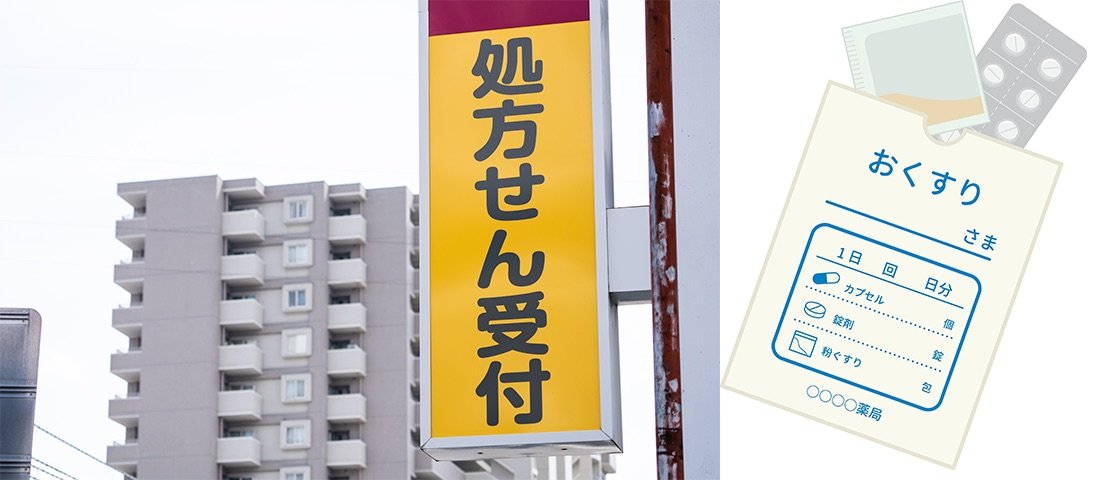
Support for People Who Are Not Confident In Their Japanese Abilities
- Multilingual hospitals: There are hospitals that offer services in English, Chinese, Vietnamese, and other languages.
- Interpretation services: Free medical interpretation services are available in some areas.
Try searching for "multilingual hospital + area name" (「多言語 対応 病院 + 地域名」).
Where to Go When You Need Help
- Foreigner Support Center
- City Hall International Affairs Division
- NPOs (multilingual support available)
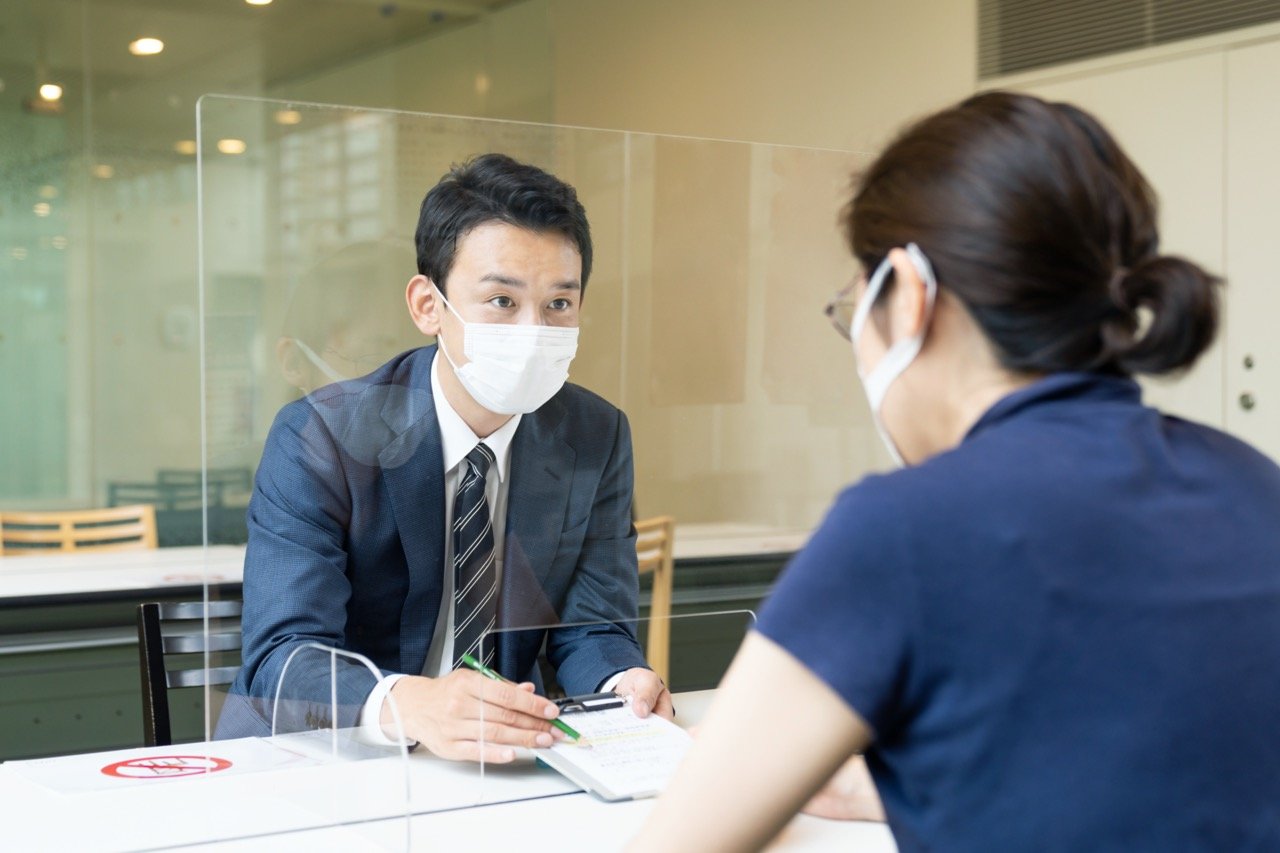
Summary
Going to a hospital in Japan may be a little scary at first, but if you know what the process is like, you'll have no worries. If you have insurance, medical expenses will be cheaper, and there is also support available for those who are not fluent in Japanese.
The important thing is to go to the hospital as soon as possible instead of enduring illnesses or injuries.

